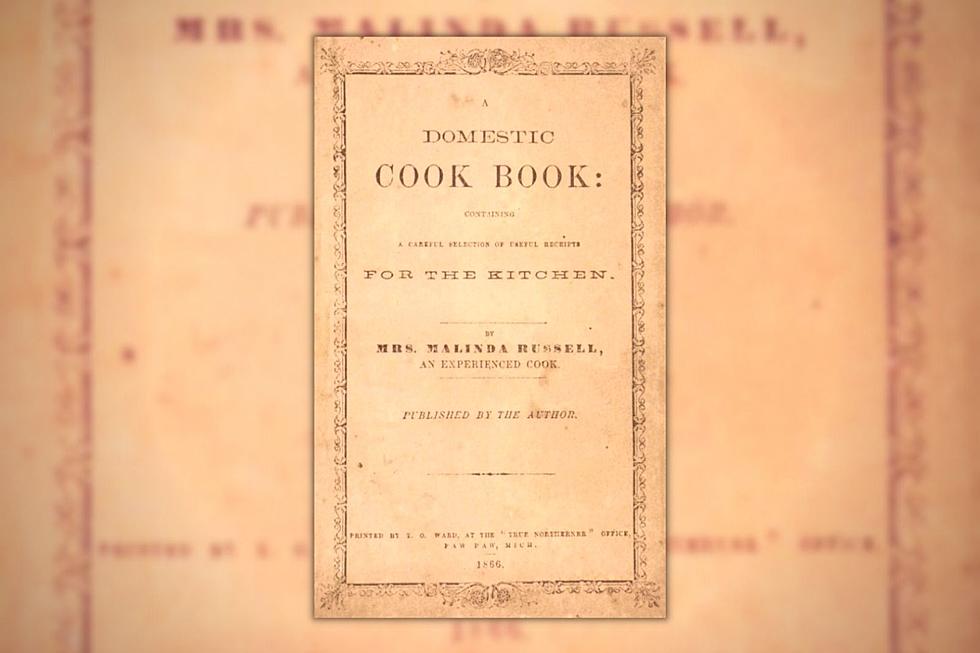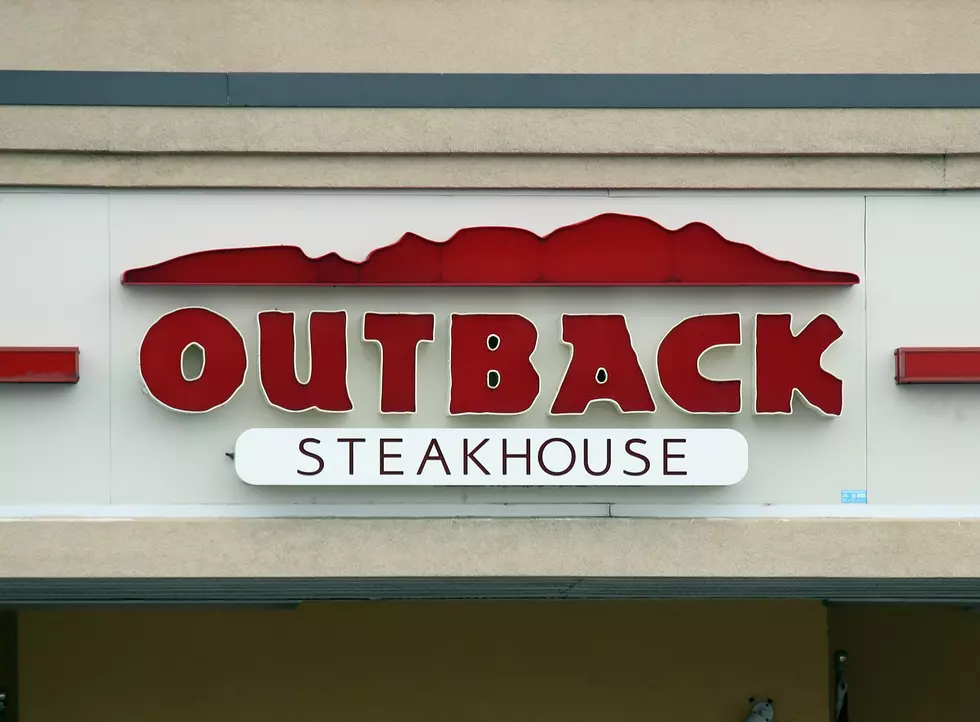
First African-American Cookbook was Written by Paw Paw Woman in 1866
A Paw Paw Michigan woman wrote and published the very first African-American cookbook in 1866.

The cookbook would have remained unknown to history had an expert and collector not discovered the once unknown relic at the bottom of a box filled with other materials. Jan Longone is a prominent rare-book dealer in Ann Arbor, Michigan. She is the founder and Adjunct Curator of Janice Bluestein Longone Culinary Archive at the University of Michigan’s Special Collections.
Longone spoke with Detroit News about her discovery. Malinda Russell’s "A Domestic Cookbook: Containing a Careful Selection of Useful Receipts for the Kitchen" was written and published by Russell in 1866. Before the discovery, "What Mrs. Fisher Knows About Southern Cooking" written in 1881 by former slave Abby Fisher was considered the first African-American cookbook.
Malinda Russell's is the earliest example of a complete cookbook. It's also reshaped views on African-American cuisine. Russell's cookbook offered a rare view of cooking done by African-American women who had never been a slave. Her recipes go beyond soul food and show examples of fine cooking that emerged from the liberated Black population.
Malinda doesn't just share her tried and true recipes that helped her make a living, she also shares her story of leaving her native South after being robbed. She shares how she was encouraged to write and publish her "Receipts" (recipes) by those who viewed her cooking as valuable.
Malinda also states in the preface of her cookbook that she hoped to educate the public as well, though I doubt she could imagine the view into history her book now offers. Not much else is known of Melinda's life other than what she included in the piece of history she left behind.
Thanks to Malinda's foresight and Jan Longone's ability to recognize its value and preserve it, you can view those pages and recipes today by clicking here. You won't find oven temperatures or cooking times because it was before the modern oven.
You can also view a modern facsimile by clicking here if the images of the original are hard to read.



